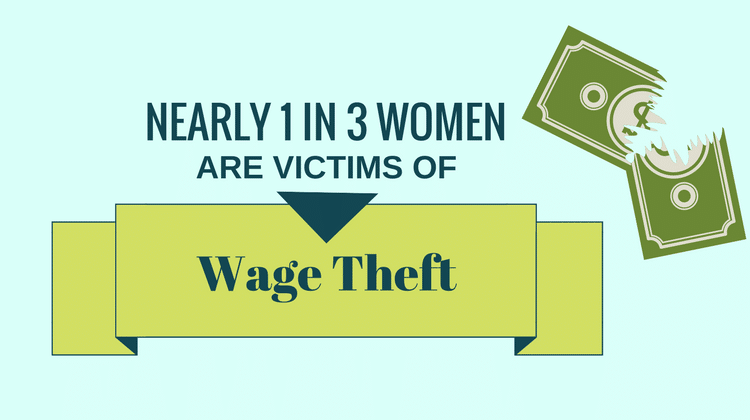The Hidden Cost of Wage Theft: A Call to Arms for Fair Compensation
In the shadows of corporate boardrooms and government offices, a silent but insidious theft is taking place: wage theft. It’s a crime that often goes unnoticed, perpetuated by employers who exploit their workers’ labor for financial gain. And yet, despite its prevalence, it remains a taboo topic, hidden behind veils of bureaucracy and legal jargon.
Consider the events of May 1, 2023, when the Employer presented an offer riddled with inadequacies to unionized workers. Over 150,000 workers were on strike with little to show for their efforts. Paltry 3% pay increases and the absence of work-from-home protections were just the tip of the iceberg in a landscape plagued by wage theft.
Fast forward to today, where the echoes of past injustices reverberate in the recent victory of 500 NPF strikers who secured a 4.6% per year increase. Their triumph serves as a stark reminder of the power of solidarity and unwavering resolve in the fight against wage theft.
But wage theft isn’t confined to the bargaining table; it permeates every facet of our work lives. The in-office requirement touted as essential for productivity is, in reality, a thinly veiled tactic to maximize profits at the expense of workers’ rights. According to data in the 2017 Wage Theft Report from Wage Authority Group, over 30% of the victims of wage theft are women, over 30% are foreign born, and over 30% are Latino/Latina.
Yet, wage theft extends beyond the confines of office politics. It lurks in the unpaid overtime, the unseen hours toiling away after the workday ends. It thrives in the unnecessary transit time to offices where phones don’t even work, all while our worth and our time are stolen from us with impunity.
Wage theft is about more than lost wages – it’s about the cost to society when employers don’t pay their workers.
Wage Theft, The $50 Billion Crime Against Workers (workingnowandthen.com)
“Wage theft affects far more people than more well-known crimes such as bank robberies, convenience store robberies, street and highway robberies, and gas station robberies combined,” says Economic Policy Institute Vice President Ross Eisenbrey.
I urge you to STOP participating in your own exploitation, STOP working for free after hours. That is the only reason the employer lets you take the laptop home. The employer will NEVER enforce network access times, they enjoy the benefits of your exploitation. The additional extra time is already counted in your unpaid, and unnecessary transit time to go to the office. It’s time to reclaim our worth and our time. Our laptops should not be a chain tethering us to perpetual labor without compensation. We must recognize our value and demand to be treated accordingly. Let us not forget: our strength lies in our unity and our refusal to be taken advantage of any longer.
Want to Work From Home? Take Action:
- Write a letter to the MP (they will answer you.) Telework that works for workers | Public Service Alliance of Canada (psacunion.ca)
- Write a letter to your manager and director. Your steward has appropriate wording.
- Sign the petition in the lunchrooms.
- Submit and support telework as a priority in next year’s bargaining. Treasury Board bargaining: Have your say in the next round of negotiations | Public Service Alliance of Canada (psacunion.ca)
The return-to-office comes from the highest levels of the Liberal Government, not your local management. That’s why we end all our letters “please convey to the appropriate level of authority.”

